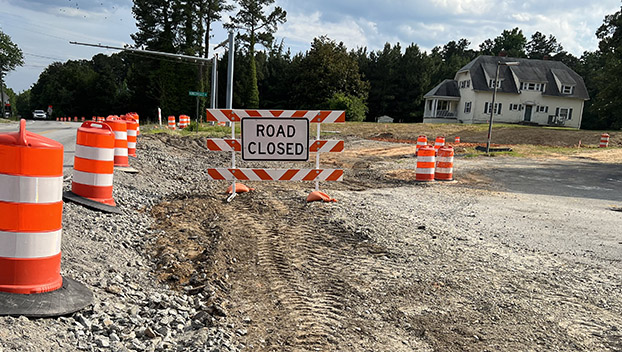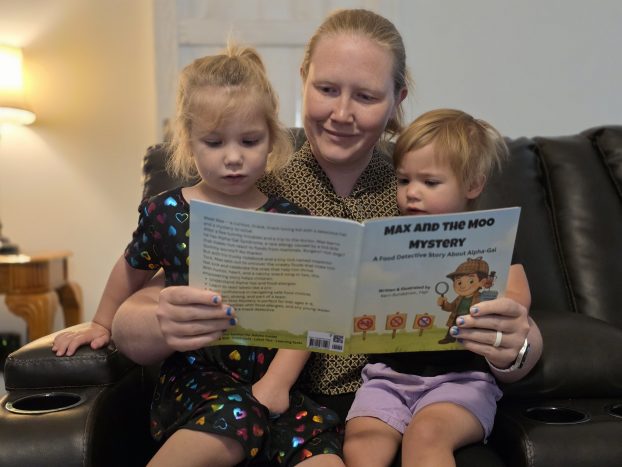What would you change about transportation around Farmville?
Published 5:24 pm Wednesday, September 28, 2022
|
Getting your Trinity Audio player ready...
|
FARMVILLE – How would you change roads in this region? Do we need more public transportation? What about sidewalks and walkable neighborhoods? Transportation affects everyone’s daily lives whether they use it or not. Now, residents have the chance to tell leaders how it can be improved in this area.
Residents of Amelia, Appomattox, Buckingham, Charlotte, Cumberland, Lunenburg, Prince Edward and Nottoway counties can participate in the Community Transportation Survey by Oct. 3 to make their voices heard.
In late 2021, Centra Health did a study to assess the needs of this region. The four main needs identified were transportation, food, mental health and housing. A committee was formed for each and for transportation, the members created a survey to see what and where the needs are in these counties.
Trending
“We want to look at what to do to bridge the gaps and how to best do that is to gather data from the people who live it,” said Sharon Harrup, president and CEO of Steps Inc. who is assisting with this project. “Once we gather the data we can reach out to government institutions, the (Virginia) Department of Rail & Public Transportation, schools, Headstart and others to get access to vehicles and coordinate to close that gap.”
Part of the committee is the Commonwealth Regional Council. The council is always looking for grants and different funding to address needs in the Commonwealth. Once the problems are known, the council can look for grants and use regular funding they receive from the Virginia Department of Transportation to help address these issues.
What’s in the survey?
The short survey starts with questions to narrow down what county the residents live in and how what transportation they use or need and why.
There is also a chance for residents to list concerns with the current transportation system for their county or area. Residents can check off what areas are hard to access with public transportation like hospitals, schools, restaurants or family members’ homes. With some of these counties not having public transportation, this allows the committee to know where the need for it is.
Even folks who don’t utilize public transportation can still list concerns, rate the importance they feel public transportation has in their community and give input on how much they pay for a ride-hailing service, like Uber or paying a friend for the ride.
“There are so many other means of transportation that we didn’t have 10 to 15 years ago so we want to find out what people are using,” said Melody Foster, executive director of the Commonwealth Regional Council.
Trending
At the end of the survey, participants can include their contact information if they want to provide more insight on their answers. This is not required, but something to help folks share their needs and the committee to know how to better address them.
Folks can find the survey by emailing taylor@lunenburgva.gov or calling 434-696-2142 for a paper copy.
What’s already in motion?
Even though there is much room for improvement, there is still work currently in motion.
One issue with transportation is traffic and traffic flow. If the roads are to possibly have more vehicles on the road with public transportation or other solutions created due to this survey, the current traffic issues need to be addressed.
“Locally, the two large transportation projects that we applied for this year include the Manor House Turn Lane and Route 692/Route 665 Turn Lane projects,” said Doug Stanely, county administrator for Prince Edward County.
Another project for Prince Edward is the 3rd Street/460 Ramp project. According to Stanley, this will impact safety and significant truck traffic downtown.
These projects are just the start of improvements to come for those traveling in the eight counties whether it’s by personal vehicle, ride-hailing or public transportation.
“The most important thing is that we need to have as many responses as possible, so we can have accurate data to apply for grants to improve the transportation issues,” said Stanley.
Editor’s note: You can click here to take the survey.






